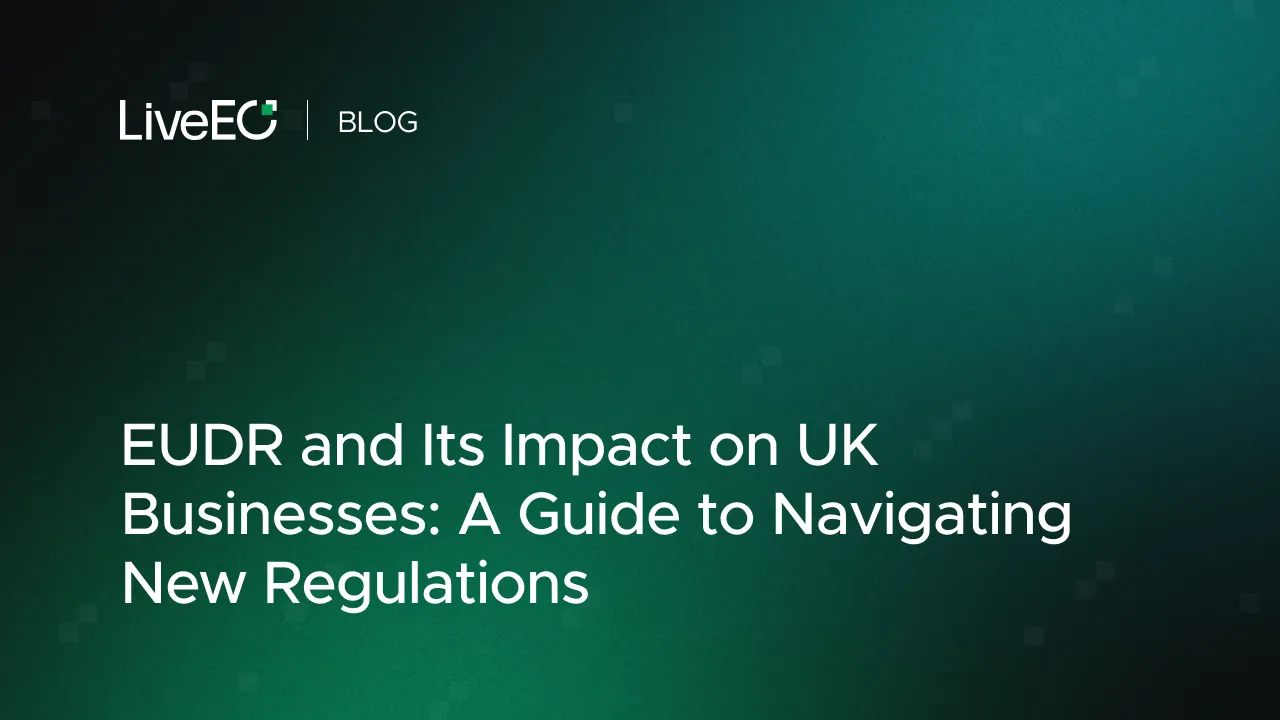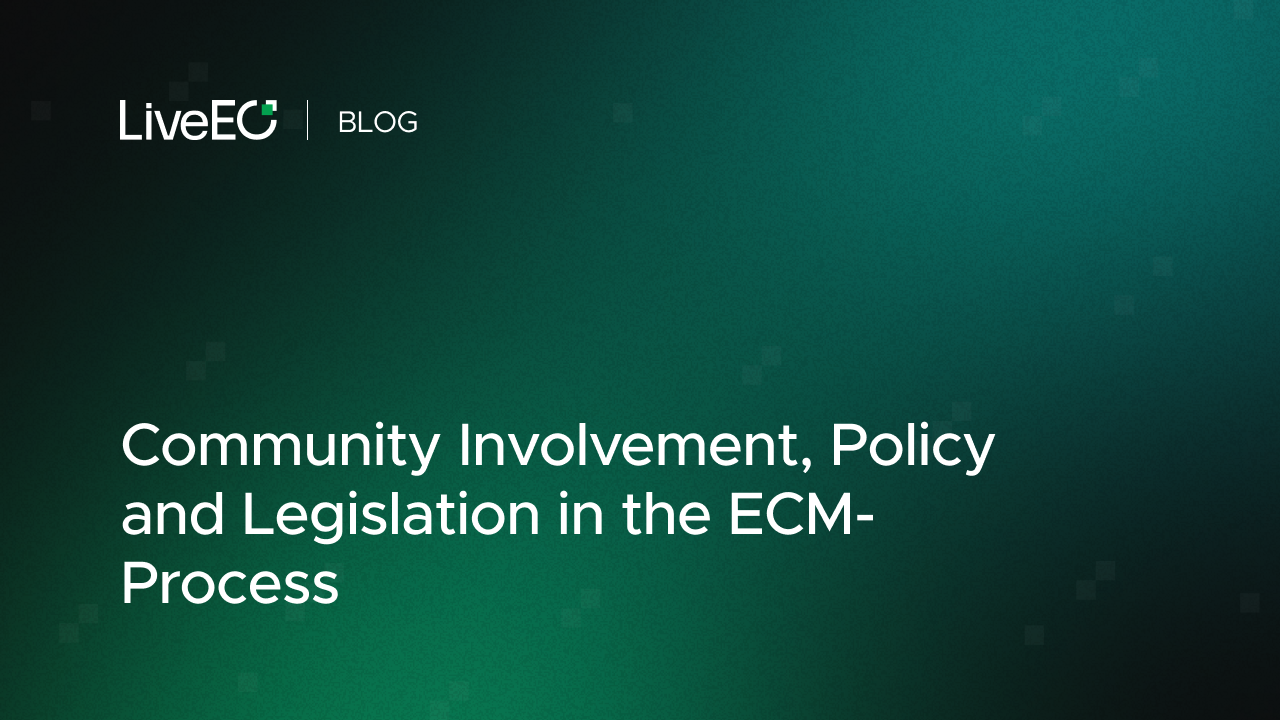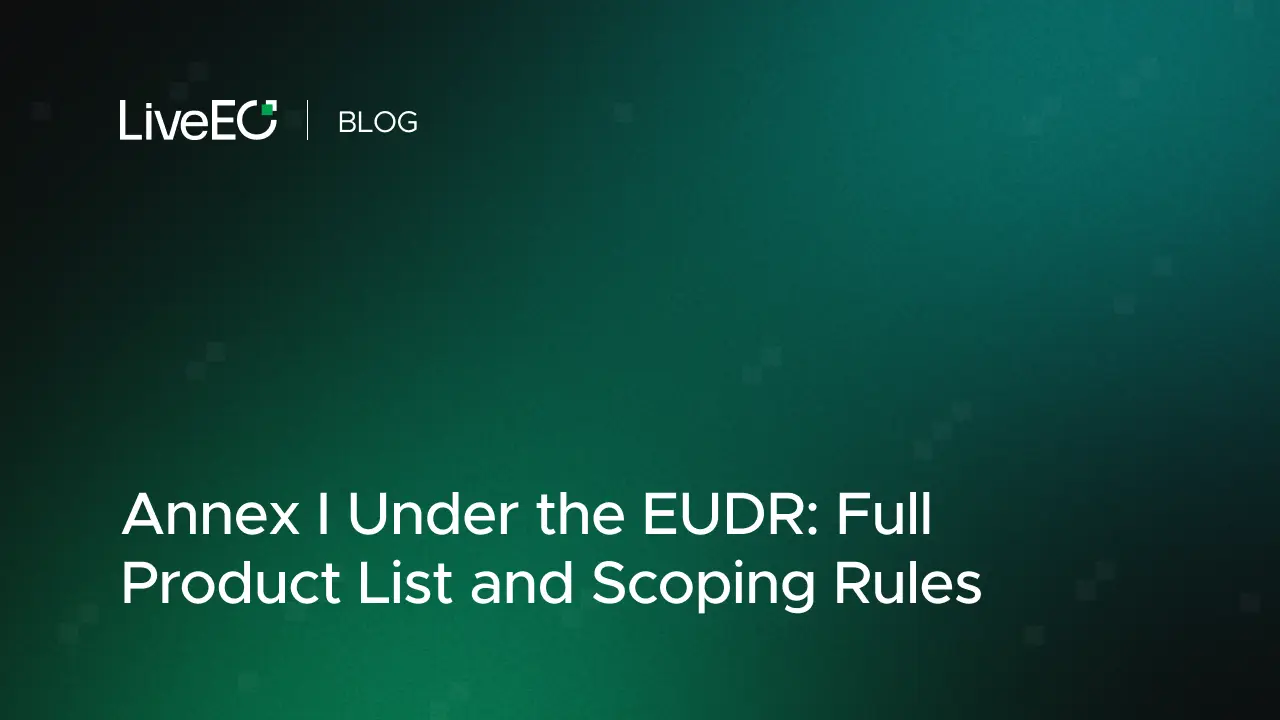
Brexit may have politically distanced the United Kingdom from the European Union, but their intertwined economic relationship persists.
The EU's introduction of the European Union Deforestation Regulation (EUDR) has a direct bearing on UK businesses, especially those within the trade ecosystem of commodities.
To preserve and enhance trade relations with the EU, UK companies must align with the EUDR's environmental stipulations.
Key Takeaways
- Brexit has not eliminated the economic ties between the UK and the EU, making the EUDR crucial for UK businesses trading commodities with the EU.
- The European Union Deforestation Regulation (EUDR) aims to curb global deforestation by regulating commodities such as soy, palm oil, and timber, enforcing due diligence and transparency. UK businesses must comply with the EUDR to avoid trade barriers, protect their reputation, and manage economic implications.
- Key steps for UK companies to adapt include: understanding the full spectrum of EUDR mandates, strengthening due diligence to verify commodity origins with precise GPS coordinates, investing in traceability technology, engaging in sustainable sourcing to ensure compliance and enhance brand image.
- The EUDR presents an opportunity for the UK to lead in sustainable trade practices, aligning commerce with global environmental goals.
- The EUDR framework may expand to include more products, and it will apply to Northern Ireland due to the Northern Ireland Protocol.
- UK companies must strategically respond to the EUDR, leveraging technology and embracing environmental accountability. Learn more about LiveEO's compliance solution here.
What is the EUDR?
The EUDR represents a significant legislative effort to curb global deforestation by regulating commodities such as soy, palm oil, timber, and others that are often linked with deforestation.
The regulation enforces stringent due diligence and transparency requirements to prevent these products from contributing to deforestation.
Read also: The Road to EUDR: Key Dates and Milestones in the EU's Deforestation Regulation
Direct Impacts of EUDR on UK Trade
UK businesses trading with the EU must now navigate additional regulatory landscapes. Compliance with the EUDR is not optional; it's a business imperative. Here's how the EUDR affects UK trade:
- Trade Barriers: Without EUDR compliance, UK companies face operational hurdles, including enhanced scrutiny and potential market prohibitions.
- Reputation: Acompany’s reputation is at stake, as non-compliance can be perceived as an endorsement of deforestation, inviting consumer and stakeholder censure.
- Economic Implications: Barriers to trade can escalate operational costs and reduce market access, affecting the bottom line of UK businesses.
Check out also: The official EUDR PDF: Full legal text
Steps for UK Industries to Adapt
UK companies must take proactive steps to align with EUDR requirements:
- Understanding EUDR: Businesses should familiarize themselves with the full spectrum of EUDR mandates.
- Strengthening Due Diligence: It is now imperative for companies to verify the origins of their commodities, ensuring that production does not contribute to deforestation. Under the EUDR, firms must provide precise GPS coordinates for production plots. For plots under 4 hectares, at least one GPS point is required; for larger plots, the coordinates must outline the plot's perimeter. This data must be recorded in the EU’s information system, confirming due diligence before any market activity.
- Investing in Traceability: Implementing advanced technology, such as geospatial analytics provided by LiveEO, is essential for real-time tracking of commodity origins.
- Engaging in Sustainable Sourcing: Building relationships with suppliers that prioritize sustainability ensures both compliance and enhances brand image as eco-friendly.
Beyond Compliance to Global Responsibility
While meeting EUDR standards is vital for UK-EU trade, it's equally a broader call for environmental stewardship.
The UK has the opportunity to become a leader in sustainable trade practices, exemplifying how commerce can align with global environmental goals.
{{inline}}
Potential Extension and UK Specifics
The EUDR framework is dynamic and could expand to include more products.
An assessment within two years of its enactment will determine if additional commodities should be regulated based on their deforestation impact.
For UK companies, especially after Brexit, adapting to the EUDR is multifaceted.
The regulation will be applicable in Northern Ireland due to the Northern Ireland Protocol, mandating due diligence for goods entering the EU market, including those from Great Britain.
Conclusive Insights
The EUDR’s introduction is a transformative step for businesses, dictating a shift towards more sustainable operations.
UK companies must respond strategically to this regulatory change, leveraging technology and embracing global environmental accountability. By doing so, they not only comply with European regulations but also contribute to the global fight against deforestation.
After discovering how the UK's industry is influenced by EUDR, understand its effects on Indonesia.









